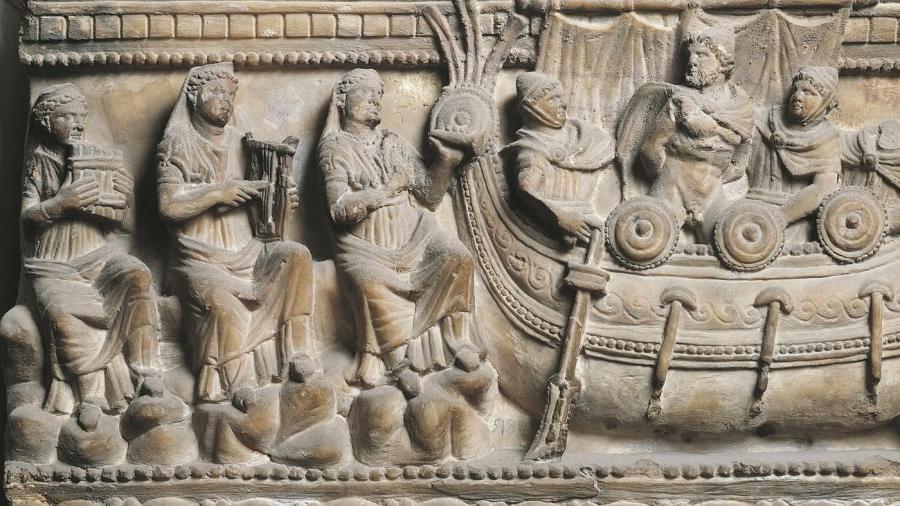Why Does Homeric Literature Still Survive Today?

Homeric literature, specifically those works attributed to the epic poet Homer, survive today because they are credited as foundational components of the Western worldview. His literary works were influential in his time and for centuries after.
Little is known of the person Homer. He is said to have been a teacher during the Hellenistic Greek period and his writings are dated to the 8th century B.C. Homer’s writing entitled “The Iliad” is said to be the oldest work of Western literature. “The Iliad” and “The Odyssey” are two of Homer’s most enduring works and are considered to be epic poems. The Homeric epics have been described as oral epics, in that they were most likely delivered verbally as was the convention of the period.
While Homer’s works deal with humans and gods, they were not considered sacred texts. However, the subject matter within Homeric literature has made an impact on the understanding of the genre of literature for two reasons:
- Homer’s work was advanced with concern to the literature of the period
- Homeric literature is an example of the oral epic within and without the Western standard
Homer’s work also served as the foundation for other poets and writers whose works serve as examples of literary styles such as Aristotle and Plato. Many of the themes of these writers serve as the foundation for modern television and film.





